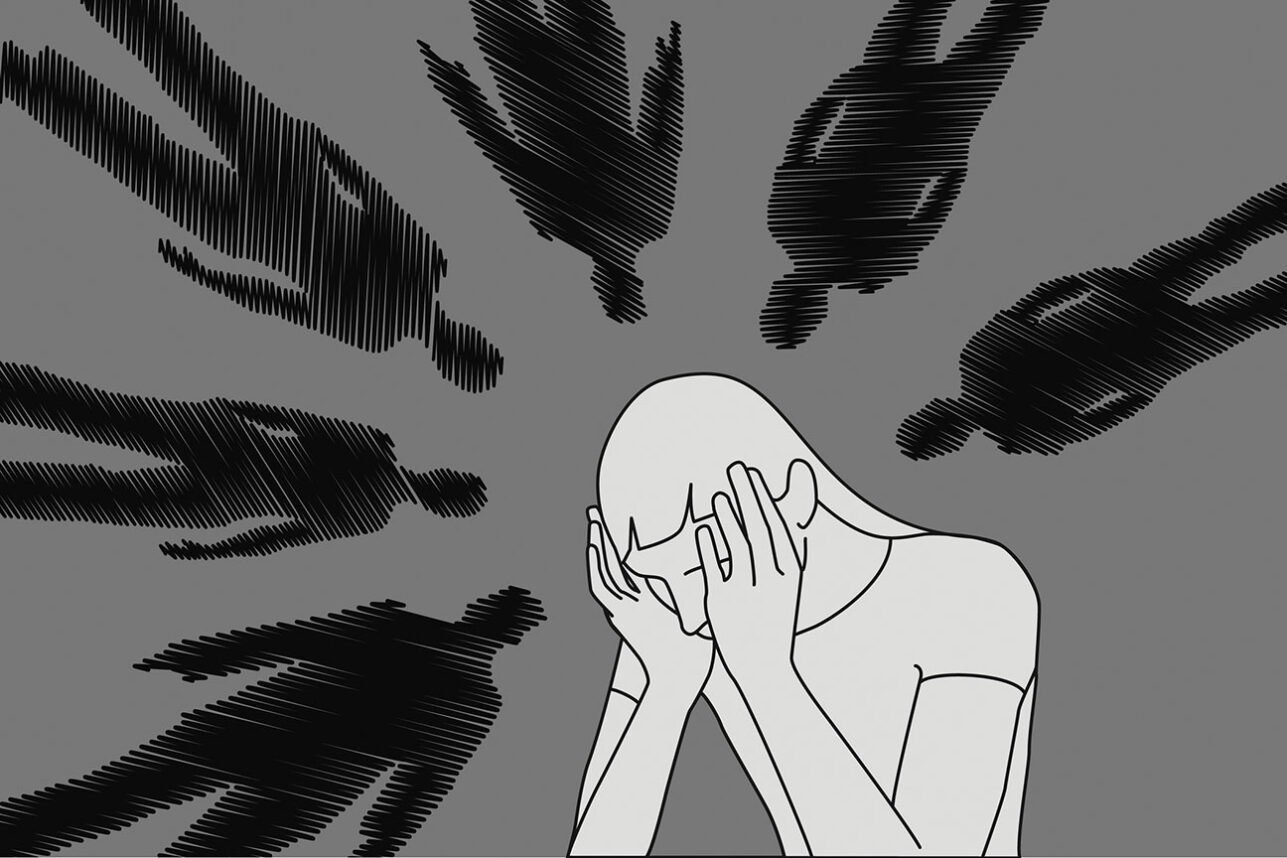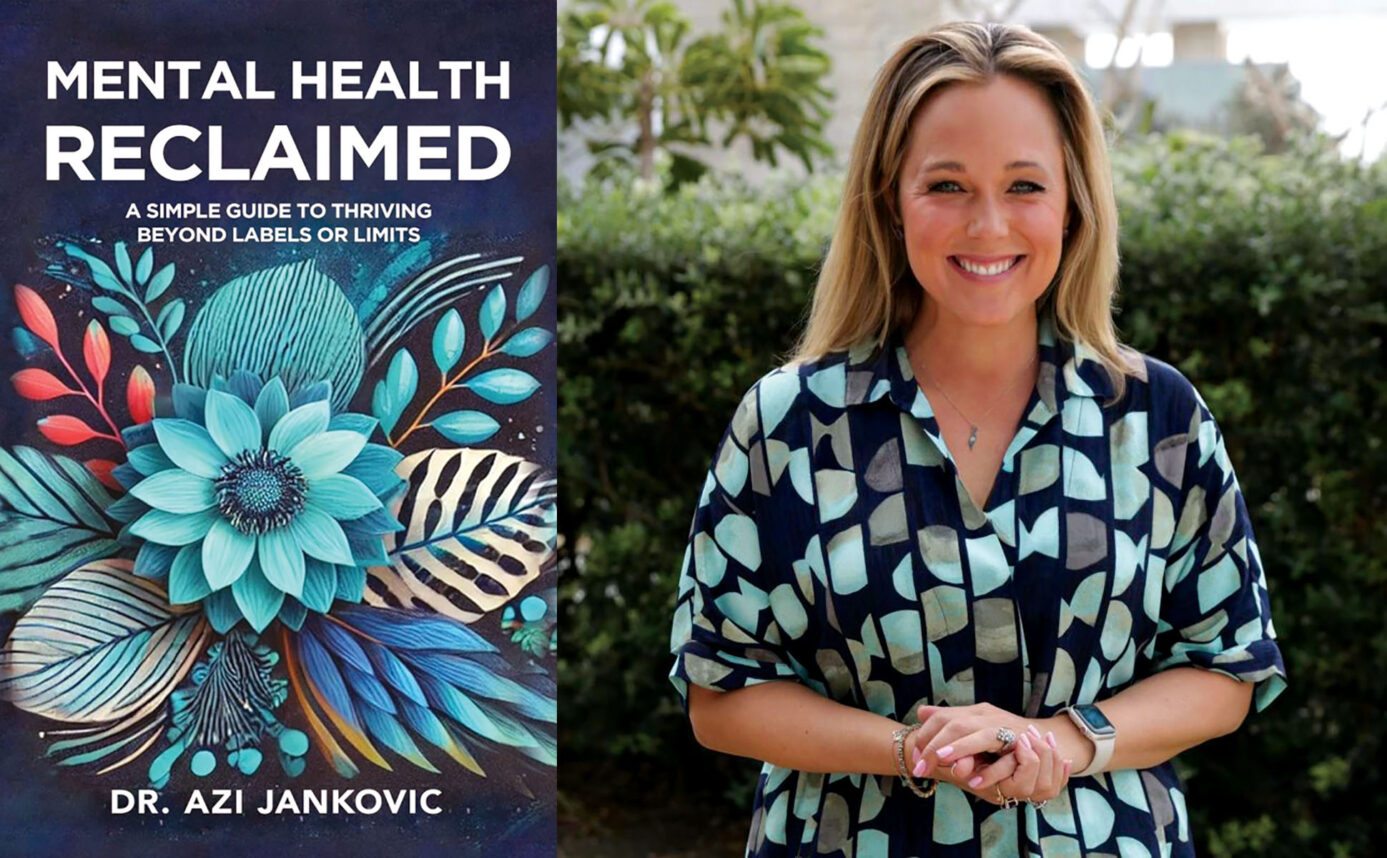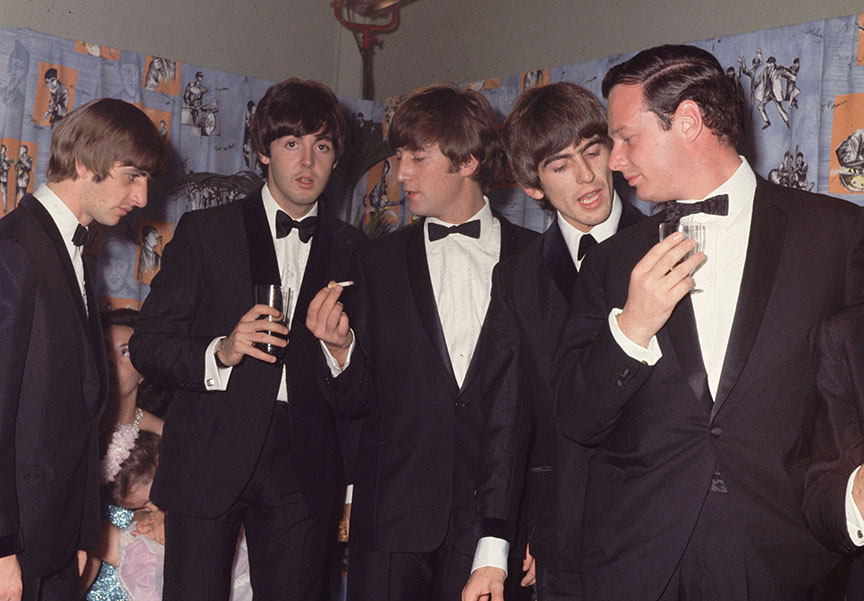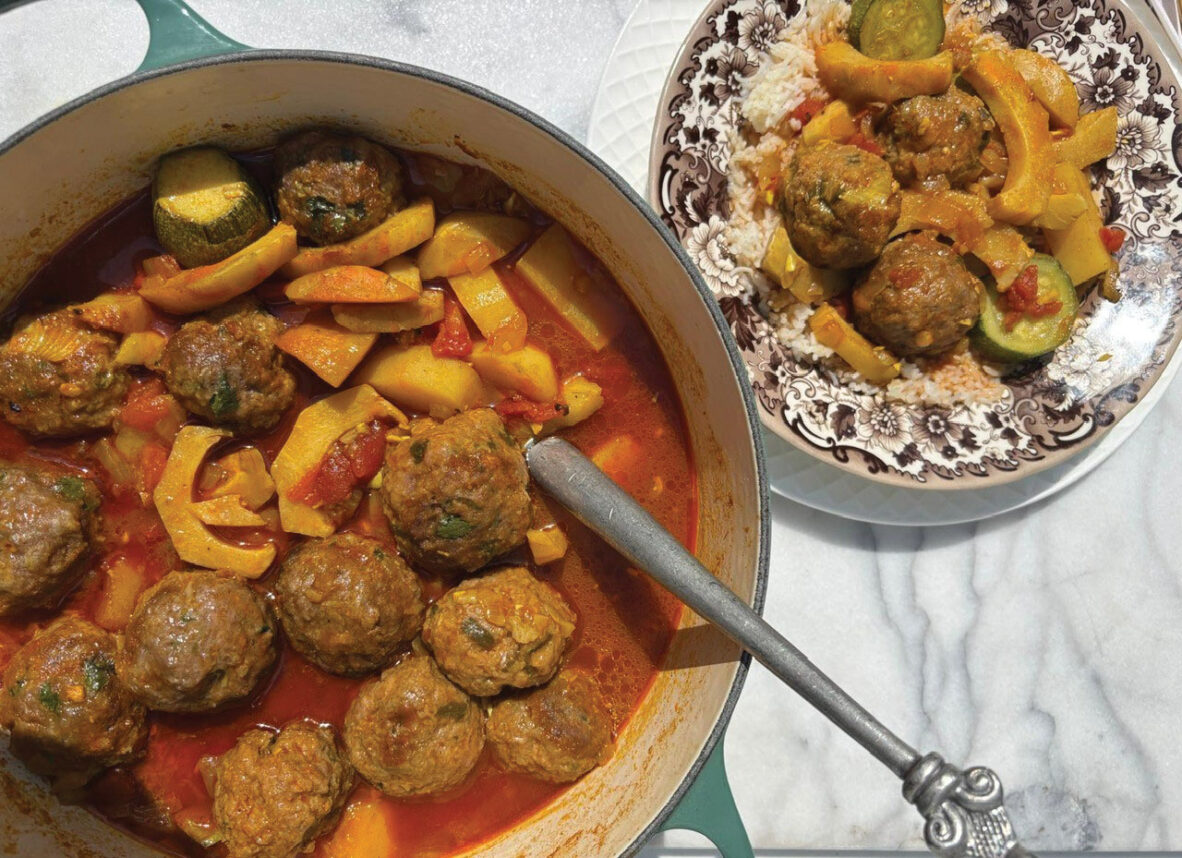
Prager’s Lockdown Story
Dennis Prager’s “The Worldwide Lockdown May Be the Greatest Mistake in History” (May 8) validly complains that the left too often dismisses concerns over social distancing’s cost to the economy as putting money over lives, when economic damage has such destructive potential.
Yes, ignoring the cost of social distancing is potentially very deadly. But ignoring the clear consensus of experts (including those who take these costs into account) is even deadlier. Therefore, what we need is social distancing but with everything we can do to control the practical, psychological and economic costs of isolation.
It is beyond high time to provide medical care of all types, food and shelter to all those who need it. The resources exist but how can they be marshaled most fairly and effectively, regardless of financial or political pressures? That is where the debate should truly lie.
Michael Feldman, Pico-Robertson
Jewish Weddings
Seeing not one, but two stories recently about two Jews marrying (“A Social Distance Wedding Brings Together Hearts,” “Just Happy to Marry Even in a Parking Lot,” (May 8), especially in these difficult times, brought much joy and inspiration not only because it gives hope for the future Jewish community (as opposed to intermarriages, in which 90% of the children of such marriages intermarry and are lost to assimilation) but also because it was refreshing to see that these couples understand that the priority is the mitzvah of getting married, not postponing it for many months so they can have a big party.
Jason Kay, Los Angeles
Israel and the Coronavirus
I enjoyed Shmuel Rosner’s column “Israel and the Virus: Hitting the Play Button” (May 8). I like the way he relates how major segments of Israeli society are affected by the virus, including the government, working-class citizens needing to go back to work and the elderly, who are especially vulnerable to severe complications of the virus. He also makes a good point with his comparison of Israel’s population of 9 million, of whom 200 died of complications from the coronavirus, to Belgium’s 11.5 million, with 8,000 virus-related deaths.
I would like to respond to his question regarding the timing of the opening of the economy. I feel that Israel is still in a risky situation. By opening its economy at this time, with the epidemic still in its early stages, there could be a second wave of cases and possible deaths if the population were to return to normal activities too soon.
Reuven Feinstein, Beverly Hills
Nursery Rhymes
I enjoyed reading Tabby Refael’s column about COVID-19 nursery rhymes (May 8). I’d like to add my own:
Humpty Dumpty sat on some bricks
Exhausted from watching hours of Netflix
Wishing to go out in the sun to bask
While desperately adjusting her ill-fitting mask
Waiting to return to work was this Ms. Dumpty
And waiting for more help from President Trumpty.
Richard Katz, Los Angeles
Masa Israel’s Legacy
In “Staying in Israel to Give Back During Crisis” (May 15), Benjamin Raziel talks about a program called Masa Israel. The entire world currently is going through a difficult time and, as a result, almost everything has been put on hold. All organizations that bring young Jews and non-Jews to visit and work in Israel have been stopped in their tracks. They have been forced to send home all participants except for one: Masa Israel, despite the coronavirus, has continued to operate.
As the Masa acting CEO stated, “We are working closely with Israel’s prime minister’s office and the Ministry of Health to ensure the well-being of our fellows in Israel.”
Masa Israel is inspiring young Jews in Israel while keeping them safe at the same time. This is only one example of Jews and Zionists never resting. No matter the circumstances, they continue to pass down our legacy and inspire young Jews.
David Abraham, via email
Jerusalem Day
Gil Troy’s story “Shout for Joy on Jerusalem Day” (May 22) speaks about how the feeling of this great day should live within every Jerusalem lover. Jerusalem Day is an Israeli national holiday commemorating the 1967 Israeli control over the Old City and regaining access to the Western Wall.
I agree with Troy: No matter where you live, this special day should be celebrated. While here in the U.S., private Jewish schools celebrate Jerusalem Day with special rituals like any other holiday, there are many that are not aware of this day of celebration. Surprisingly, a lot of the Hebrew calendars in Los Angeles don’t include this holiday on its given date. Like Troy, I feel that Jerusalem Day needs to be properly ritualized. If we abandon Jerusalem, we will lose sight of ourselves and our ancient identity.
Dylan Nassir, Beverly Hills
Women Always Had a Seat at the Table at Home
Susan Sloan implies in her story “More Seats at the Table” (May 15) that the “modern woman of valor” should use her talents as a biological woman in competitive pursuit of leadership positions in corporations, governments and other public bureaucracies in order to empower herself and her society. But does power really come from above, and do women really bring more compassionate and intuitive traits to the table than men solely because of their gender?
In Judaism, the traditional “woman of valor” construct, which is relevant to all generations and cultural milieus, views the family unit as the nucleus of a successful society and the woman as the matriarchal leader of this unit. Her power is solidified because, in authentic Judaism, a child is considered Jewish if he or she has a Jewish mother.
Just as a solid foundation is a necessary prerequisite for a solid building, the family unit must be solid in order to maintain a successful society.
Our society Is crumbling from within. Life expectancy is declining because of the opioid crisis, suicide and depression. Divorce rates are high. It has taken this pandemic for many of us to realize that the family and the home are the most important building blocks of our society.
Young women are enslaved by the perception that they are not powerful if they choose to raise families, work on familial relationships and develop personal characteristics instead of “break glass ceilings.” Power doesn’t come from above or below but from inside each human being.
It’s false to believe that women in positions of power are more compassionate and sensitive than men because of their gender. Moreover, men and women have feminine and masculine traits to varying degrees.
When gender, race and other stereotypical categories become goals of inclusion, and power is perceived as flowing from above, the individual loses his or her merit and the entire structure loses its relevance.
What we need is more “humans of valor” such as Miriam Peretz, a Moroccan Israeli woman who lost two sons to war and a husband to a broken heart, who speaks to audiences all over the country with optimism and grace about the importance of family and, during the pandemic, tweeted a picture of her Shabbat table with only one plate to highlight the importance of social distancing. From the ground up.
Mina Friedler, Venice
CORRECTION
A story about Joe Biden (“‘Jews 4 Joe’ Targets Young Jewish Voters,” May 15) suggested AIPAC endorsed Biden for president and attributed a quote to the organization that was from the Jewish Democratic Council of America’s endorsement letter.
Now it’s your turn. Don’t be shy, submit your letter to the editor. Letters should be no more than 200 words and must include a valid name and city. The Journal reserves the right to edit all letters. letters@jewishjournal.com.


































 More news and opinions than at a Shabbat dinner, right in your inbox.
More news and opinions than at a Shabbat dinner, right in your inbox.